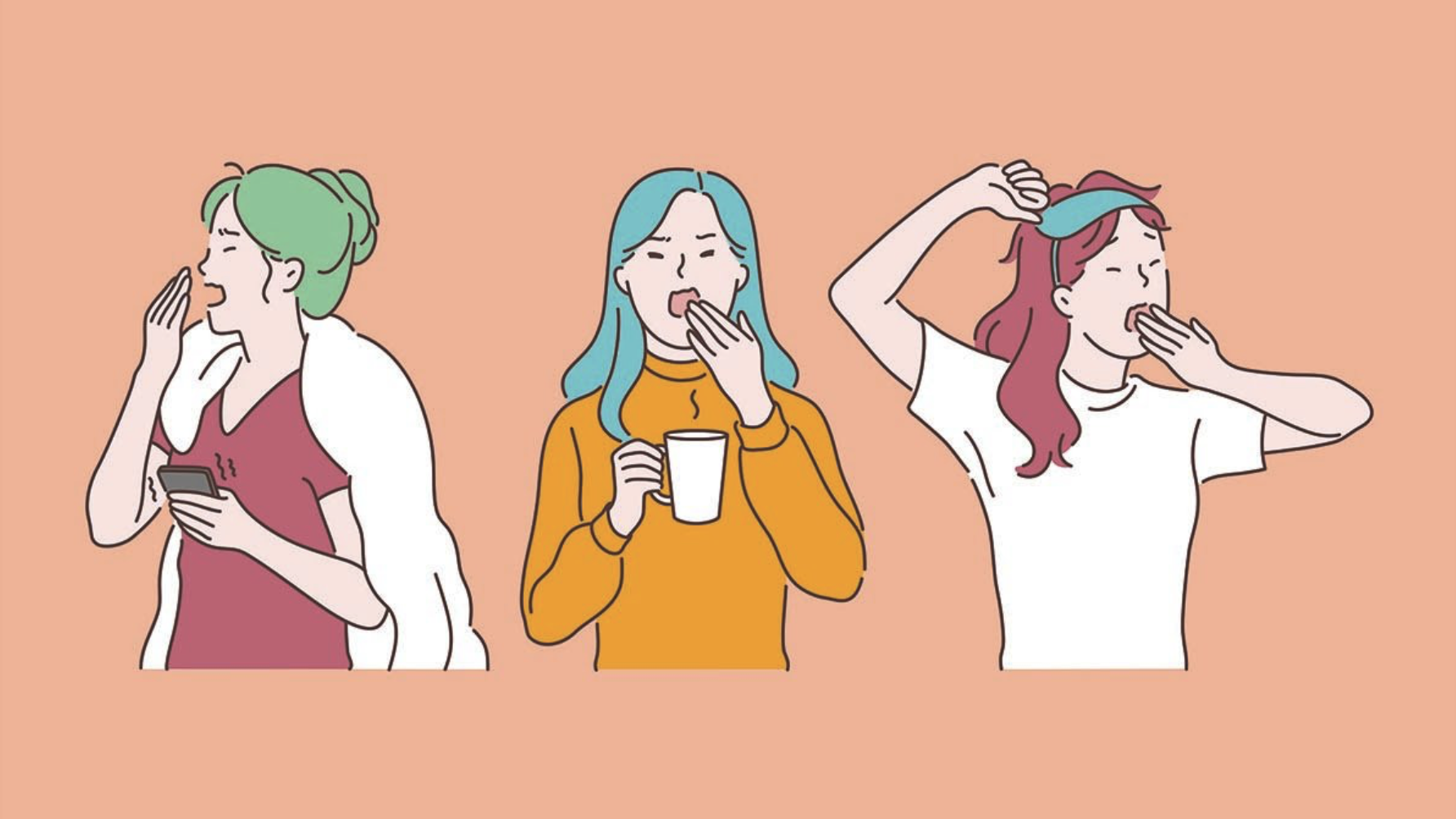Why your body struggles to adjust to changes in time

Twice a year the number of people suffering from a heart attack suddenly jumps up. One day falls in spring, and one day falls, well today. The reason? Daylight saving time.
What started out as a way to help save energy to help the war effort in World War I has had the unfortunate side-effect of making people more prone to insomnia, strokes and workplace injuries. But why? Why does an hour less, or an hour more, in this case, throw our bodies out of whack?
Circadian rhythms 💃
Firstly let's look at the data. During the first days after the clocks change, many people suffer from symptoms such as irritability, less sleep, daytime fatigue, and decreased immune function. At the extreme end, it can cause heart attacks, strokes and workplace injuries. When we "spring forward" car crashes go up 6%. But after the first few weeks, these incidences decline rapidly. What's going on?
The reason, according to researchers has to do with our body's biological clock. This clock controls everything from our moods, when we feel hungry and when we feel sleepy, and goes full circle roughly every 24 hours.
Because our body has no distinct understanding of time in the same way we do when we look at a clock, it takes cues from the environment. Light is one of the most important. It uses light to help work out what it should do when.
For example, as our sleep cycle comes to a natural end, our clock shuts down the pineal gland’s production of the sleep hormone melatonin and starts releasing cortisol, a hormone that regulates metabolism.
On top of that, our breathing increases, our blood pressure rises, our heart beats quicker, and our body temperature increases slightly. This happens without us knowing it, and automatically.
Twice a year however, this rhythm gets messed up, and our clock, or rather clocks (our organs all have their own, but are coordinated by the brain to work in unison) fall out of sync.
Organ alarm clock ⏰
While our brains are quicker to notice the change, our organs don't, they're working on older time. It's a little like jet lag in that. That little discrepancy in the two times can cause all those issues we outlined above.
What's even stranger is that depending on whether you're an early bird or a night owl will affect how changes in time change you.
Night owls tend to find it more difficult to adjust to the spring clock change, whereas morning larks tend to be more affected by the autumn clock change. Then there are some people who cannot adjust to either change.
To help the change there are a few things you can do if you're feeling the effects of the change in time.
- Sleep at the same time, but gradually switch over - Thankfully the end of summertime is less hard on our bodies than spring, but if you're feeling the effects, try and maintain the same sleep schedule you had before.
- Avoid bright light in the evening and get some sunlight in the morning - This is a good rule for all times of year, but especially true when times change. Light is one of the biggest cues our body uses. Seeing bright lights in the evening, especially smartphone lights can reset our body's rhythm and put us on an even later schedule. If you're feeling groggy in the morning, try having a curtain open to let more natural light in to help you adapt.
- Don't fall for a midnight snack - the second biggest cue our bodies take is food. Try to avoid comfort eating at times outside your normal eating times as it gives you body cues to change its rhythms.
Now the good news is last year the European Parliament voted in favour of abandoning the shift in times, making this one of the last few times we may have to adjust. That is, unless you live in the UK or the US, where at present there doesn't appear to be any progress on giving us a bit more of a lie in.
Ok, where can I learn more? 📚
- A bit more on how changes in clocks lead us to do dangerous things.
- Sleep is your superpower - Head on over to TED stage to hear sleep scientist Matt Walker explain why sleep is so powerful.
- The Science of Why We Sleep - If you're interested in the ins and outs of sleep - which we all should be this is well worth a read. This book shoes how sleep makes us smarter, more attractive, happier, healthier and even cancer free.

